In rainy, chilly Copenhagen, a walk down any narrow street of colorful houses on a cobblestone path will be rewarded with at least one cozy coffee shop. True to Danish style, the interiors of the city’s countless cafes are often warm and well-designed, living up to the culture defined by
“hygge,” a term that approximates a nostalgic mood of comfortable conviviality.
As an American in Copenhagen for the first time, I didn’t understand the importance of warmth and coziness until I found myself biking the cold, crowded streets in the pouring rain. A hot cup of coffee at a nearby shop suddenly took a whole new meaning as I searched for comfort on a dreary day.
Why It’s Newsworthy: In Denmark, one of the world’s leading consumers of coffee per capita according to the Centre for the Promotion of Imports, the drink is a cultural phenomenon that reflects the society’s emphasis on happiness, comfort and warmth.Kirstin Larsen is a data specialist in Copenhagen and enjoys meeting with colleagues and studying at coffee shops. But her favorite way to enjoy coffee is at home, black.
“We drink it most of the day, throughout the day… Morning, noon and definitely evening for some people as well,” Larsen said. “It is cold most of the month, so [coffee is] something warm, cozy, hyggelig.”
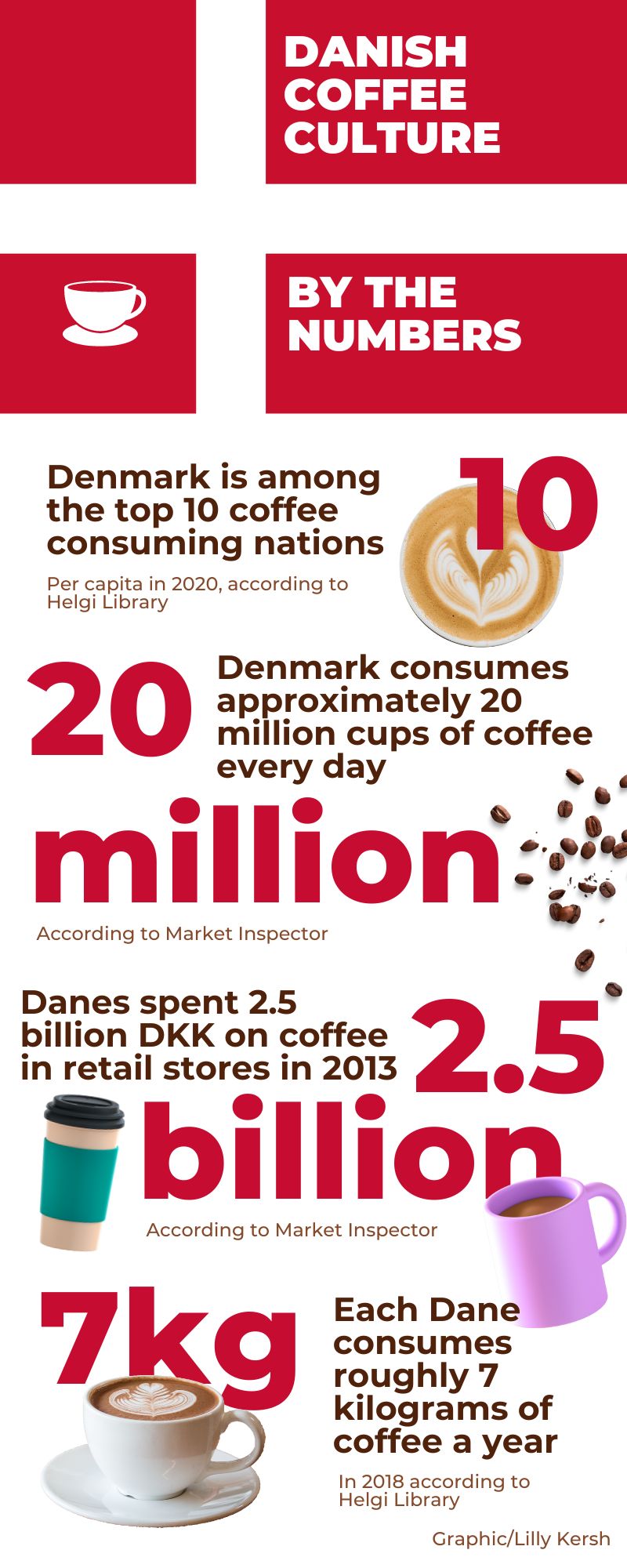
According to the Helgi Library in the Czech Republic, Denmark ranked in the top 10 countries for coffee consumption per capita in 2020, at roughly 7 kilograms of coffee consumed per person a year.
“[Coffee] is very important… Adults are always drinking coffee, everybody, minimum one or two cups a day,” said Oscar Andersen, a manager at an Espresso House in Copenhagen. “It’s a culture thing. You always get offered coffee when you come home to people. You always start your day with coffee.”
According to the Centre for the Promotion of Imports, the Nordic countries of Sweden, Denmark and Finland are among the highest consumers of coffee per capita in the world, and Espresso House is the largest coffee chain operating in Scandinavia with around 350 locations.
In Copenhagen, many smaller, independent cafes also pride themselves on brewing quality coffee. Andersen sees this difference between Denmark and the United States, with big chains like Starbucks dominating the American market.
“I think it’s more like an industry in America,” Andersen said. “I don’t think they have the same quality as the way we do it in Denmark.”
Smaller cafes have grown in popularity, in Denmark and many other cities. Jittery Joe’s in Athens, Georgia is an example of a local business preserving more independent and authentic experiences surrounding the enjoyment of coffee.
“For Copenhagen, there is definitely a market for the independent [coffee shops], more unique and expensive,” Larsen said.
But in Denmark, even larger chains like Espresso House take the quality of their product very seriously.
“I didn’t know [Espresso House] was so high-end,” Andersen said. “We have all the good machines, all the good coffees… I was actually a bit shocked that it is so good quality.”
At the moment, Andersen’s favorite drink is a flat white. But as the weather gets warmer, he says he will switch to an iced latte.
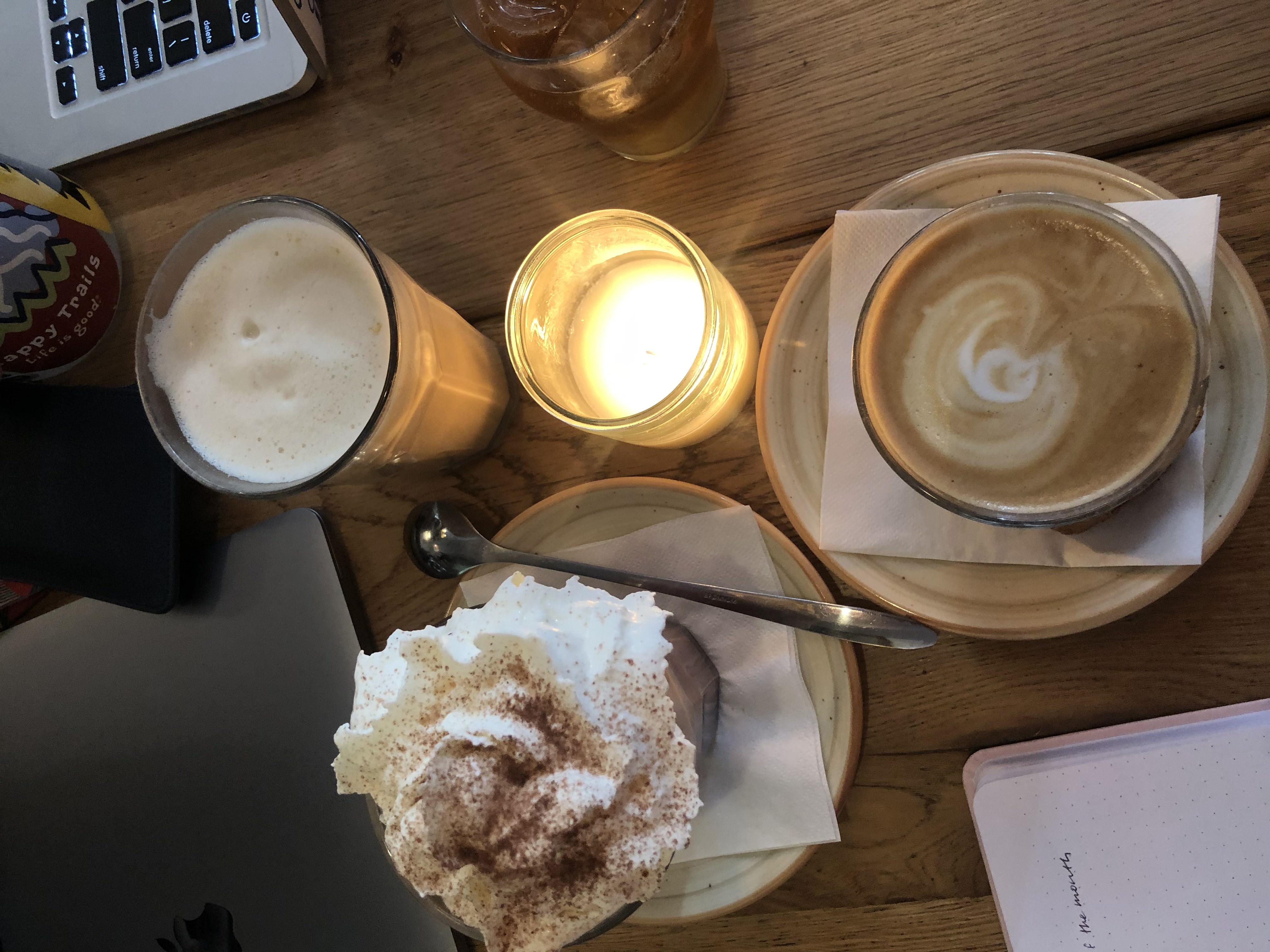
The caffeinated drink is so prevalent in the country that it has shaped customs and the Danish language.
“Kaffeslabberas” in Danish means sharing coffee with one another while “Kaffetørstig” means thirsty for coffee. “Kaffepause” is the word for coffee break, an essential part of the work day in a country known for its high productivity and work-life balance.
Enjoying coffee in Copenhagen is a manifestation of the culture’s values of happiness, warmth and comfort. The importance of coffee to the Danes reflects the unique elements of the people here and their particular way of life.
Lilly Kersh is a fourth-year journalism major minoring in German and international affairs and earning a certificate in new media.


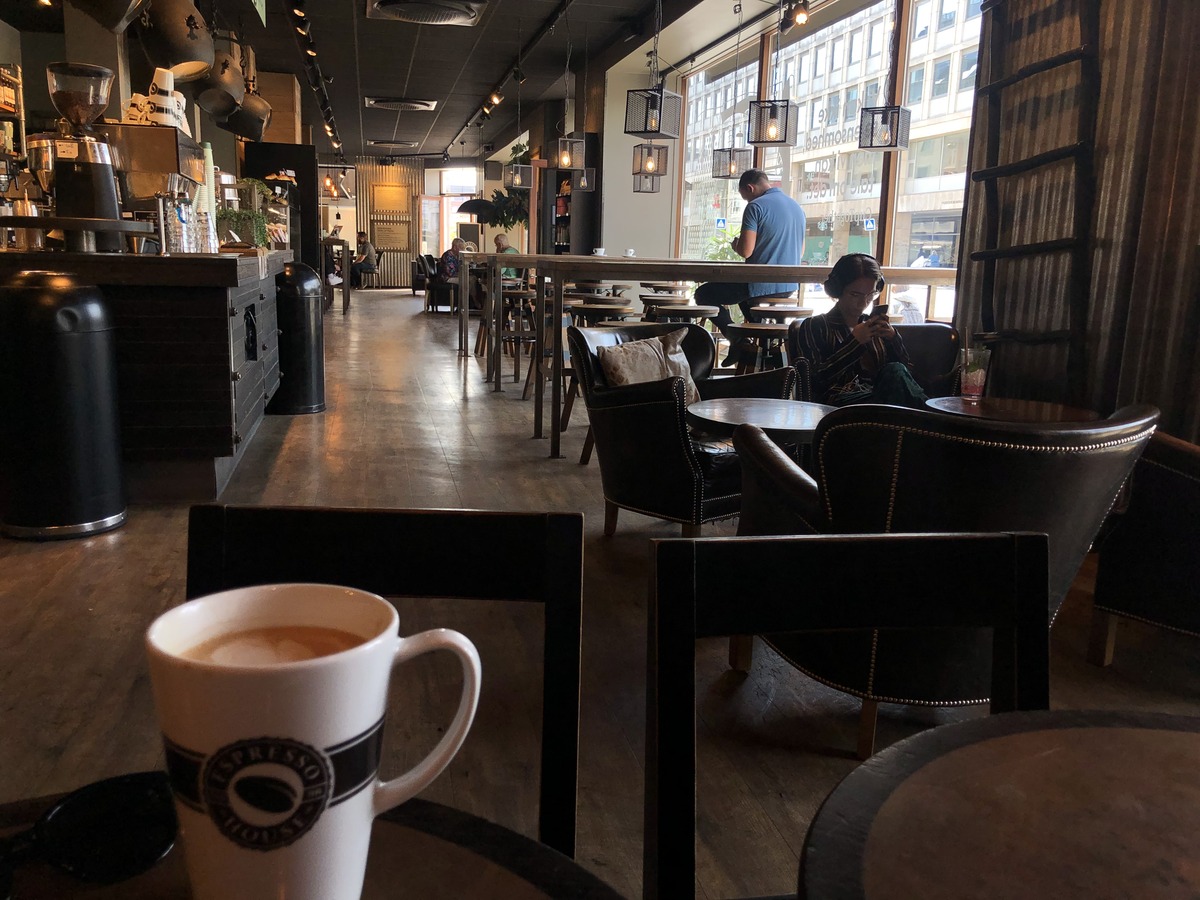
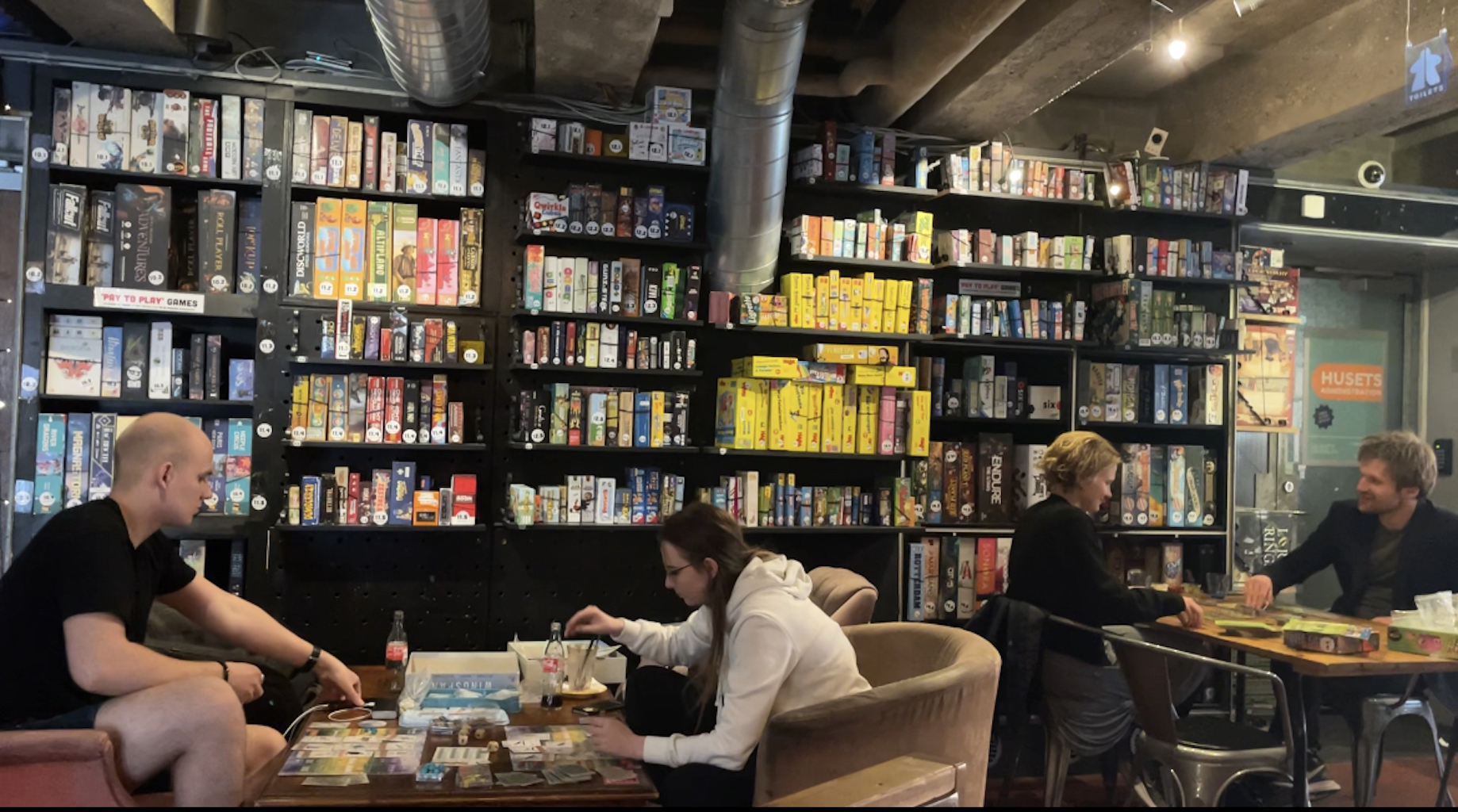
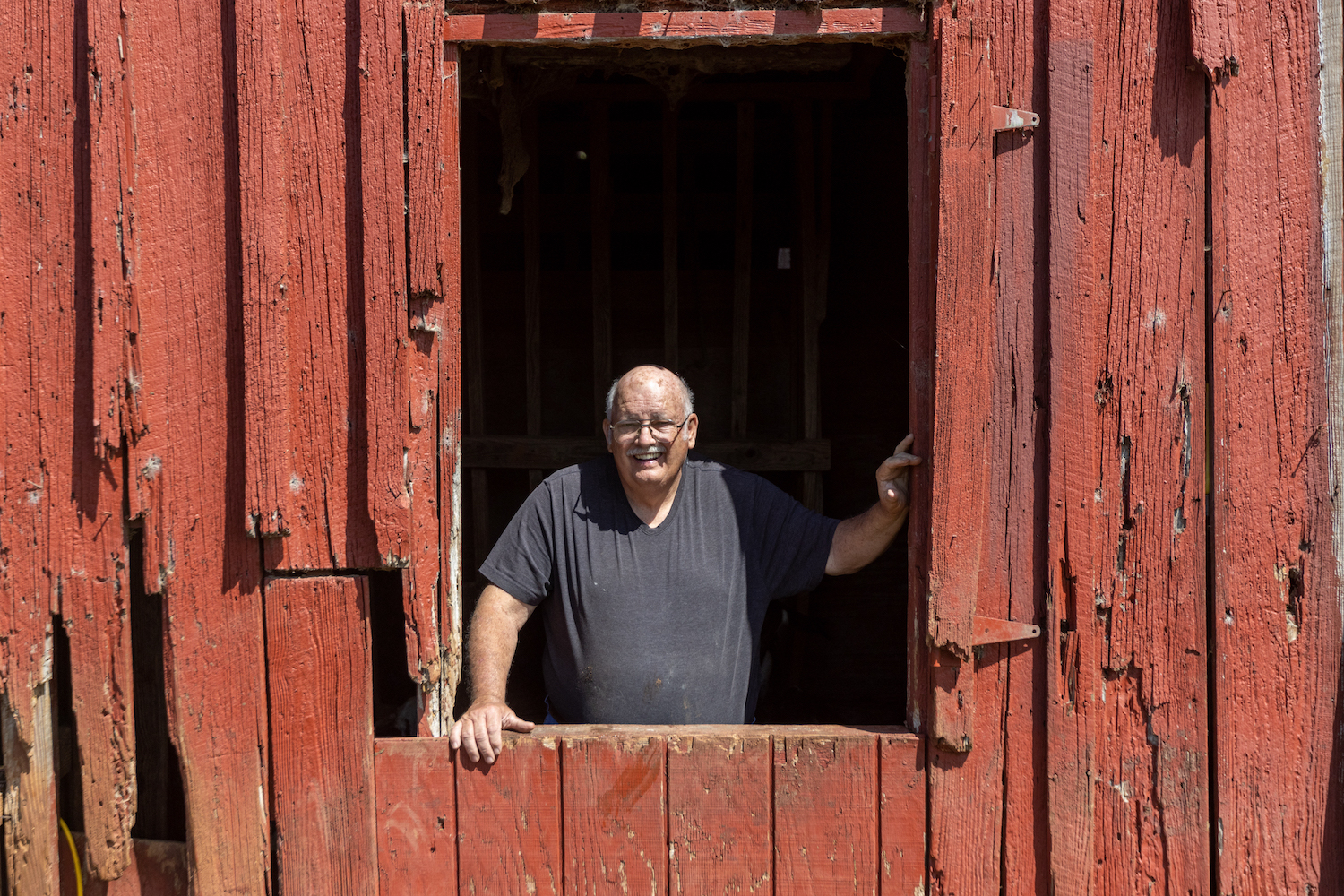




Show Comments (1)